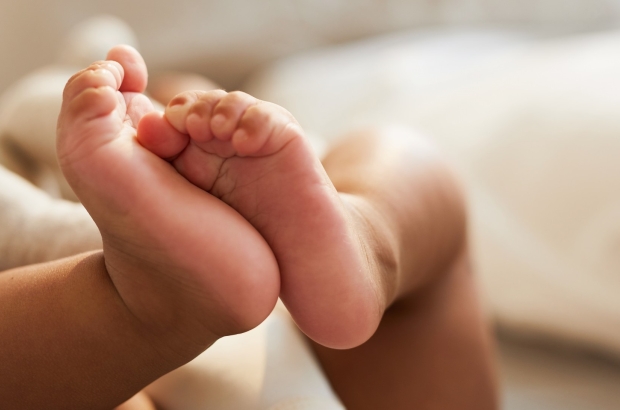- Daily & Weekly newsletters
- Buy & download The Bulletin
- Comment on our articles
Flemish nuns sold babies against parents' wishes
Catholic nuns in Flanders have been revealed to have participated in human trafficking, selling 30,000 babies from the post-war years up until the 1980s.
Victims are speaking out about their experience in a new podcast from Het Laatste Nieuws, called Children of the Church.
Tens of thousands of women who gave birth anonymously in post-war Catholic Flanders were forced by the church to abandon their children, who were then trafficked for large sums of money.
Some mothers were put under general anaesthetic without consent, others were even sterilised against their will.
Debby Mattys, 56, who was herself adopted as a baby and later searched for her biological mother, is one of the victims speaking out.
“There are thought to be between 20,000 and 40,000 of us – nobody knows the exact figure, because it hasn't been recorded,” Mattys said. “The files have even been destroyed. But the number is enormous.”
Most experts also estimate that there are about 30,000 women concerned.
About a dozen homes were set up all over Belgium with the purposes of taking in underage girls - until 1990, people came of age at 21 - and young, unmarried pregnant women. The concept originated in the Netherlands, where such homes had existed for much longer.
Because abortion was illegal and having children outside of wedlock resulted in social ostracisation, the women had few other places to turn to.
Homes included Villa Bambino in Schoten, Ten Anker in De Haan and the Sisters of the Child Jesus in Ghent – also known as the 'Blue Sisters' because of their blue habit.
The most infamous home is Tamar in Lommel, where victims report psychological and sexual abuse, along with violence and forced labour.
When it came time to give birth, victims were taken to hospitals nearby or in the north of France, where they could give birth anonymously. They gave birth under a sheet or with a mask over their face, so that they could not see their baby.
Some were also forcibly anaesthetised and, when they woke up, in most cases the child had already been taken away.
Sometimes the women were forced to sign a document relinquishing their rights to their child, or they were told that the child had been still-born. In most cases, there were no documents to begin their search at a later date.
The children ended up with adoptive parents, who paid from 10,000 to 30,000 Belgian francs, or “sometimes, much more”, Mattys said.
“Especially when the women gave birth in the north of France, the nuns could ask for a lot more. I know someone who was sold for 100,000 francs.
"In those days, that was a lot of money. According to some, additional rights were granted if you paid more.
"I know an adoptive mother who went to collect a child from a home in Hasselt. The nun sent her home with the advice: try it out, if it doesn't work, bring him back."
Mattys says the Catholic Church is skirting its responsibility for the crimes committed, destroying files or refusing to cooperate in helping victims access documents.
The Bishops' Conference, in collaboration with the Flemish parliament, apologised in 2015 to the victims of forced adoptions in Catholic institutions, claiming they would help “where possible”.
“This sympathy and this full willingness are still valid today,” the Belgian bishops said in a reaction to the podcast.














